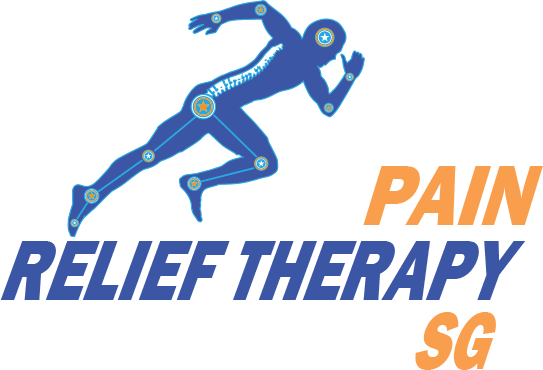Frozen shoulder, medically known as adhesive capsulitis, is a condition characterized by stiffness, pain, and limited mobility in the shoulder joint. It occurs when the capsule surrounding the shoulder joint becomes thick and tight, forming bands of scar tissue that restrict movement. As a result, the range of motion in the shoulder joint is significantly reduced, causing discomfort and pain.
The shoulder joint is made up of the upper arm bone (humerus), shoulder blade (scapula), and collarbone (clavicle). The capsule that surrounds the joint is a connective tissue that encases the bones, ligaments, and tendons that form the shoulder joint. The capsule contains synovial fluid that lubricates the joint, allowing smooth movement.
In frozen shoulder, the capsule becomes inflamed, and the synovial fluid decreases, causing the capsule to thicken and contract. This restricts movement and causes pain, particularly when moving the shoulder or lifting objects. The condition typically progresses in three stages: the freezing stage, in which the shoulder becomes increasingly painful and stiff; the frozen stage, in which the pain may decrease, but the shoulder remains stiff; and the thawing stage, in which the shoulder gradually regains mobility.
While the exact cause of frozen shoulder is unknown, certain factors may increase the risk, including age, diabetes, thyroid disorders, heart disease, and previous shoulder injury or surgery. Treatment may involve a combination of physical therapy, medication, and corticosteroid injections to manage pain and restore mobility. In some cases, surgery may be necessary to release the scar tissue and restore range of motion.


